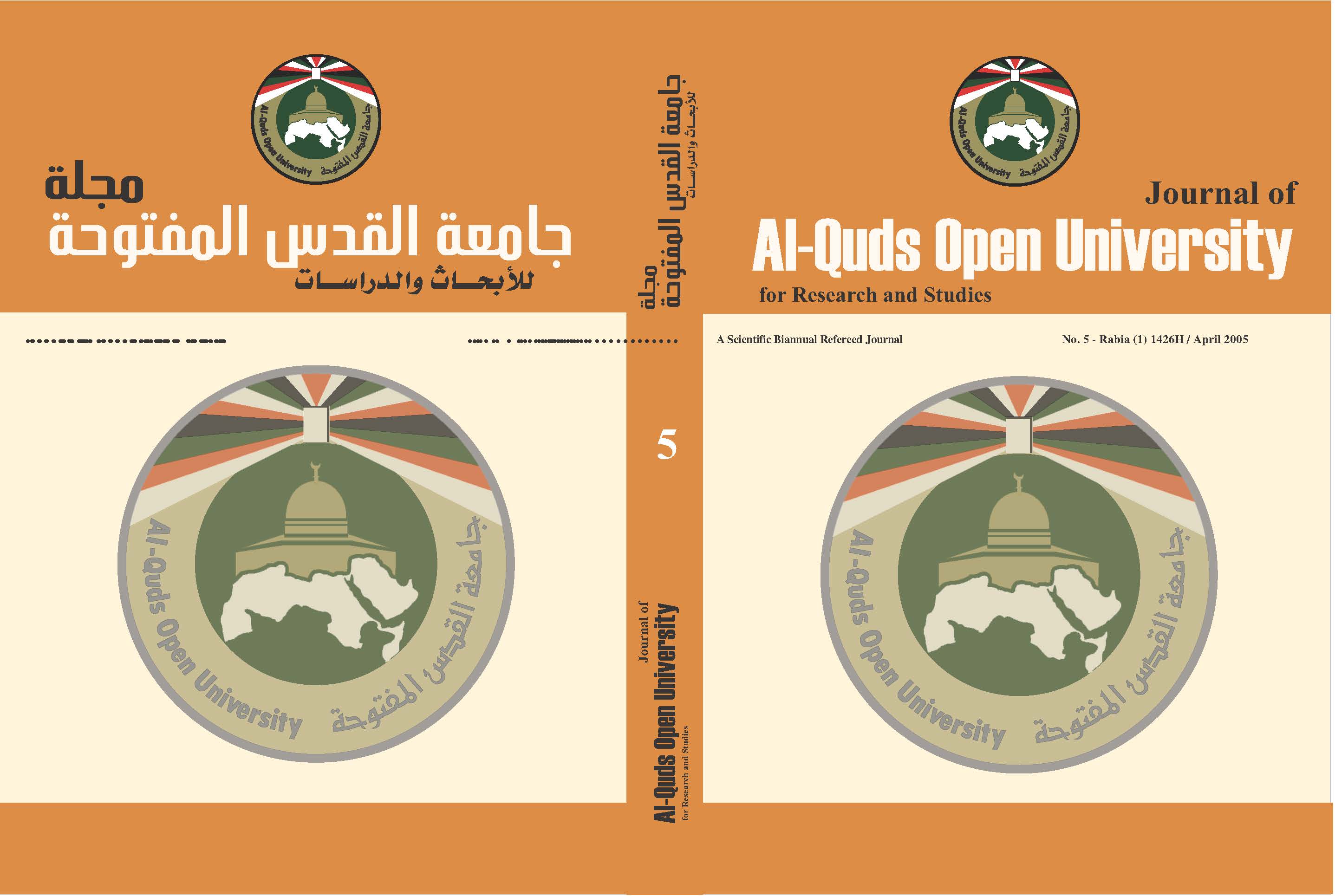الحوار في القرآن الكريم
الكلمات المفتاحية:
الحوار، القرآن الكريم.الملخص
يشكّل الحوار في القرآن الكريم مرتكزاً أساسيا من مرتكزاته الأسلوبية المتعددة، إذ لا تكاد تخلو منه سورة من السّور الطّوال، وهو متعدد في الأزمنة والأمكنة والأشخاص؛ يبدأه الله-سبحانه-في السماء، قبل نزول آدم إلى الأرض، مع ملائكته الأطهار، الذين لا يعصون الله ما أمرهم، حين يطلب إليهم السجود لآدم، وحين يخبره أنه جاعل في الأرض خليفة، وفي السّماء يحاور الله آدم-عليه السّلام- عندما يأمره أن يدخل الجنة ويعطيه كل ثمارها ما عدا شجرة واحدة، ويحذّره وزوجه أن يأكلا منها، ولكن الشيطان يغريهما بالأكل منها، وعندما يفعلان وينكشف أمرهما لله، ويسألهما لماذا عصيا أمره؟ يعتذران عن فعلتهما ويطلبان المغفرة، وأما إبليس عدوّ الله والبشرية كلّها فإنّ الله يحاوره هو الآخر فيسأله عن سبب رفضه للأمر بالسجود لآدم، فيأتي جواب إبليس المستكبر بانه خير من آدم؛ لأنه مخلوق من نار وآدم مخلوق من تراب.
وينتقل الحوار من السّماء إلى الأرض، حيث يحاور الله أنبياءه-عليهم السّلام-كي يعلمهم من خلاله الصّبر والتحمل والأدب، ليقوموا بدورهم في تعليم هذه الأمور للنّاس كافة، من آمن منهم ومن كفر، ومن الأمثلة على هذا الحوار حوار إبراهيم-عليه السّلام-الذي سأل ربّه كيف يحيي الموتى، وسؤال الله عيسى-عليه السّلام-ربّه أن يراه، وسؤال الله عيسى عن تأليه النّاس له ولأمه.
ويستمر الحوار في صورة أخرى بين الملائكة الأطهار والرسل والأنبياء، ينقلون لهم أوامر الله، ويبلغونهم رسالته كي ينقلوها بدورهم إلى الناس، لعلهم يهتدون؛ لأن الله العادل سبحانه ما كان ليعذب قوما حتى يبعث فيهم رسولاً.
وهكذا ينتقل الحوار من الله وملائكته، الى الأنبياء، ليحاوروا الناس ويبلغوهم رسالة الله بالحكمة والموعظة الحسنة، ليكونوا شهوداً عليهم يوم القيامة، ومن الحوارات المهمة في هذا الصدد، حوار إبراهيم لأبيه وقومه والملك النمرود، وحوار موسى لفرعون، وحوار عيسى للحواريين، إلى ما هناك من مواقف متعددة بين الأنبياء والنّاس.
ويختتم هذا البحث بالحوار القصصي في القرآن مستنداً إلى سورة واحدة من سور القرآن ألا وهي سورة يوسف-عليه السّلام-حيث وردت كاملة في سورة واحدة؛ لبيان أهمية الحوار في الوصول إلى أفضل النتائج؛ عندما يستند إلى الحكمة والمنطق وحسن القول، وهي شروط لصحة التحاور ينبغي أن تتوفر في من يريد الوصول بالعقل والإقناع إلى تحقيق هدفه المنشود، وهي الغاية التي سعى القرآن الكريم في حواراته من أجل الوصول إليها
التنزيلات
منشور
كيفية الاقتباس
إصدار
القسم
الرخصة
- الالتزام التام بأخلاقيات البحث العلمي.
- الالتزام التام بحقوق الملكية الفكرية.
- حقوق الطبع والنشر تؤول للمجلة.
- الحصول على موافقة المجلة لإعادة نشر البحوث أو ترجمتها.
- الالتزام التام بتعليمات هيئة تحرير المجلة.













_2.png)
_.png)
_2.png)
_1.png)
_.png)

